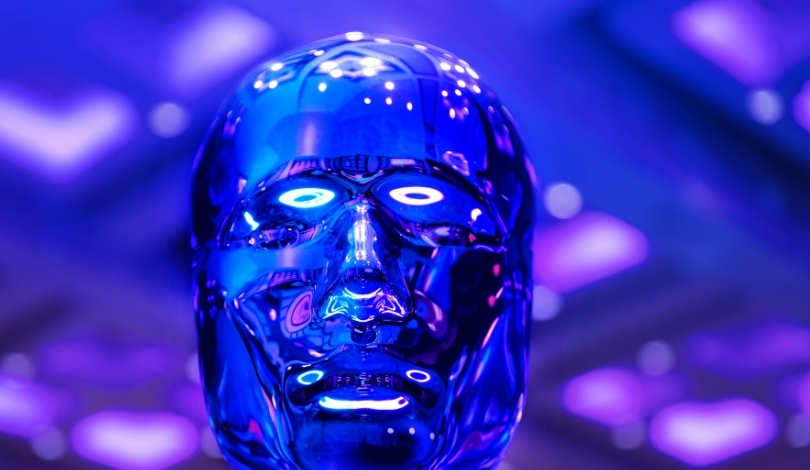Emerging technologies like generative A.I. are now woven into the fabric of the 2024 Paris Olympics, enhancing the experience for athletes and spectators alike. The International Olympic Committee (IOC) has initiated the Olympic A.I. Agenda, encouraging A.I. applications across the event. Companies and Olympic partners have introduced various A.I. innovations, such as chatbots and machine-learning recommendations, to improve athlete performance and spectator engagement. This shift demonstrates the significant role of A.I. in modern sports.
A.I. has been incorporated in sports for several years. The NFL’s partnership with Amazon Web Services (AWS), which began in 2017, led to the creation of the A.I.-powered Digital Athlete tool. Similarly, the NBA recently launched the NB-AI feature to personalize live game experiences. These past initiatives highlight the growing trend of integrating A.I. into sports, setting the stage for its extensive use in the Paris Olympics. While the NFL and NBA focused on player health and fan engagement, the IOC is leveraging A.I. for athlete protection and event planning.
Technology Enhances Athlete Safety
The IOC has employed an A.I.-powered monitoring system to protect athletes from online abuse, flagging inappropriate messages for intervention. Additionally, athletes can use the AthleteGPT chatbot through the Athlete365 platform for information on social media guidelines and anti-doping rules. This chatbot, developed by Mistral AI and powered by Intel‘s Gaudi processors, operates around the clock and quickly processes vast amounts of data.
Planning and Viewer Experience
Behind the scenes, A.I. is optimizing the planning and execution of the games. The IOC utilized Intel’s digital twinning technology to create digital representations of venues, assisting in resource planning and logistical preparations. Concurrently, Alibaba’s OBS Cloud is streamlining broadcast coverage, reducing the carbon footprint by leveraging cloud technology for content transmission. Omega, the official timekeeper, has integrated A.I.-based motion tracking to provide detailed insights during various events.
Despite these advancements, A.I.’s role in the Olympics has sparked some controversy. Google faced backlash over an ad featuring its A.I. chatbot Gemini, which led to the company withdrawing the ad. Critics argued that the ad, which depicted a young girl using Gemini to write a fan letter, undermined creativity and authenticity. Google responded by stating:
“While the ad tested well before airing, given the feedback, we decided to phase it out of our Olympics rotation. We believe A.I. can enhance human creativity but can never replace it.”
Such incidents highlight the delicate balance between harnessing A.I.’s potential and maintaining its ethical boundaries.
As A.I. continues to shape the future of sports, its impact on the Olympics serves as a microcosm of broader digital trends. While technological advances promise improved performance and engagement, they must be carefully managed to address ethical concerns. The ongoing dialogue around A.I. in sports will likely influence its integration in future events, ensuring that innovations benefit both athletes and fans without compromising creativity and authenticity.










